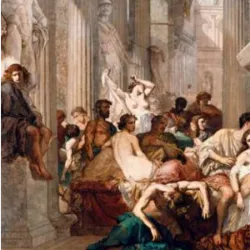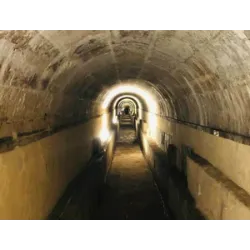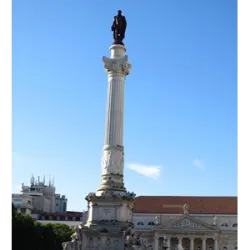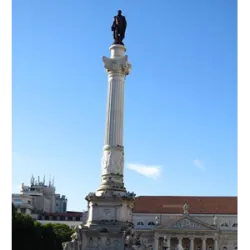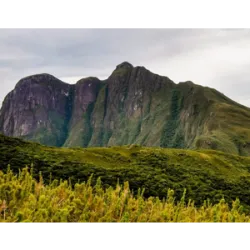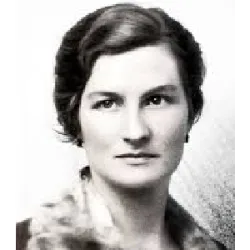Formation, Structure and Cultural Unity
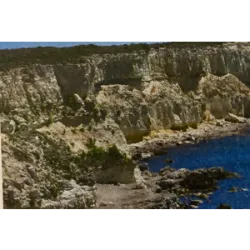
Greece is marked by its mountains, with few plains and a coastline full of gulfs and bays. The climate is predominantly dry, with hot summers. This geography, combined with rivalries between Greek groups, resulted in the formation of city-states, or polis, each with its own government, army and laws, which contributed to the isolation of populations.
Each city-state Greek was divided into three parts:
- The acropolis, located on a hill surrounded by walls, housed public and religious buildings;
- The urban area, with housing neighborhoods and a central square called the agora, used for commerce and meetings;
- The surrounding countryside, with farmland and pastures to supply the city.
Despite political differences, city-states such as Athens, Sparta and Corinth shared language, religion, customs and games, creating a sense of unity among the Greeks.
Did you know?
